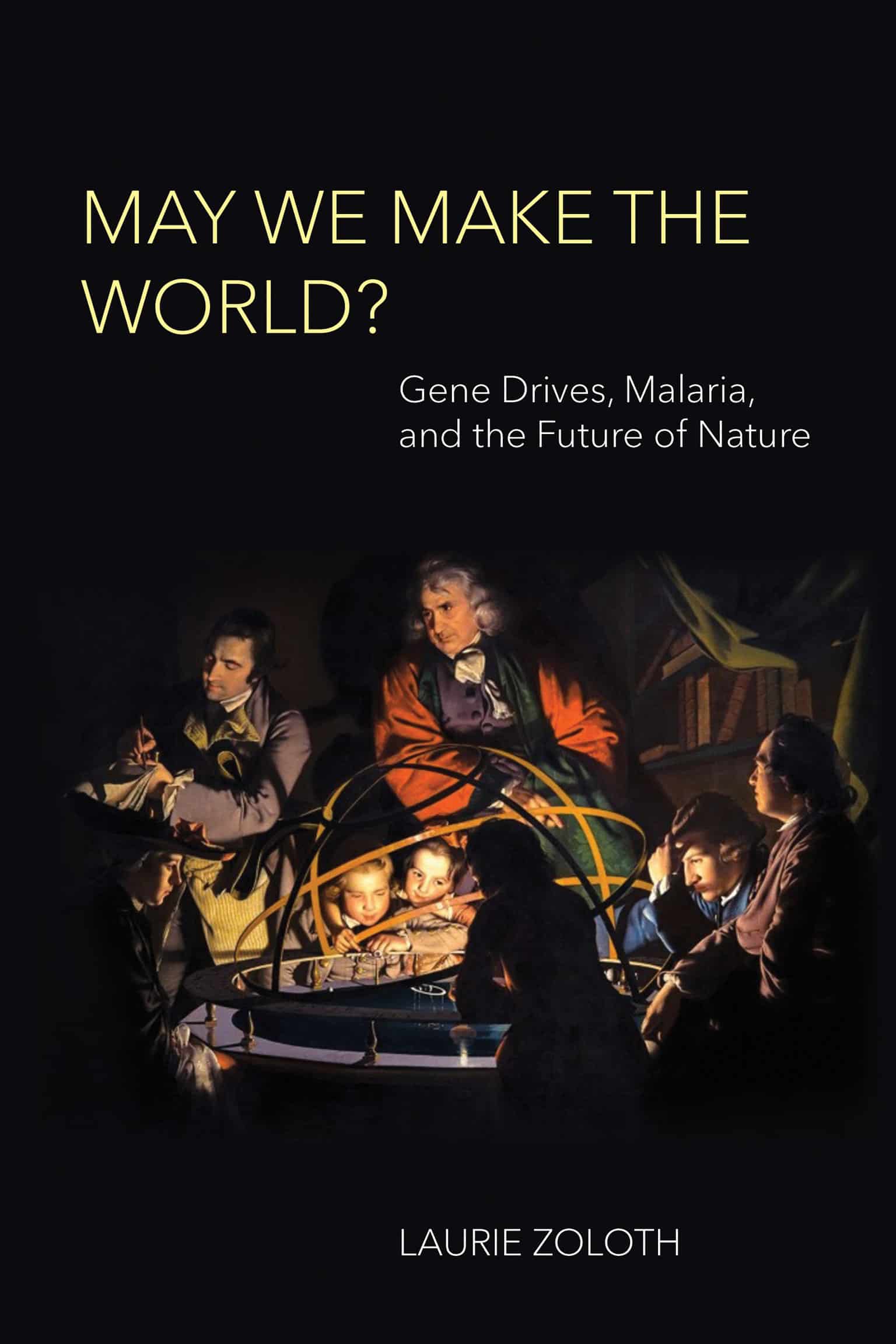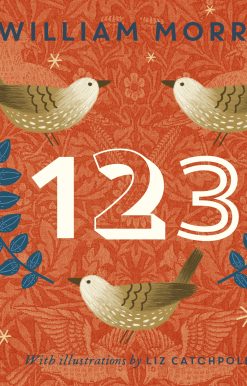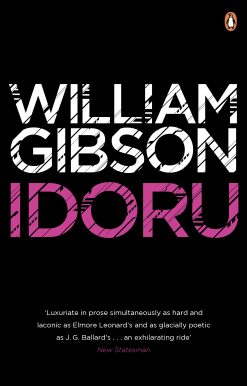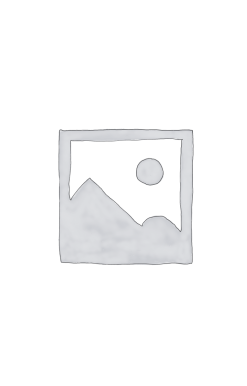May We Make the World?: Gene Drives, Malaria, and the Future of Nature
44.00 JOD
Please allow 2 – 5 weeks for delivery of this item
Description
An in-depth look at genetic alteration in the natural world and the oppositions to it, seen through the case study of a gene drive for malaria.May We Make the World? is an engaging reflection on the history, nature, goal, and meaning of using a new technological idea—CRISPR-based genetic engineering—to alter the genome of the mosquito that carries malaria. This technology, called a “gene drive,” can alter the sex ratio in Anopheles gambiae mosquitoes, the key vector for falciparum, the deadliest form of malaria. P. Falciparum kills 400,000 people a year, largely the poorest children in the world among them. In her sobering examination of the issue, Laurie Zoloth considers the leading ethical arguments for and against gene drives, explores the regulatory efforts that have emerged long in advance of the science, and considers the philosophical questions raised by the struggle to eliminate malaria.The development of a gene drive for malaria will have far-reaching implications for it represents the first use of genetic engineering in the natural world and the first creation of a genetic variant intended to spread in the African wild beyond human control. Drawing on two decades of work, Zoloth brilliantly argues that we can understand the complex moral issues at stake only by carefully reflecting on the science, the nature of the local and global discourse about genetic engineering, and the long history of malaria, which—as it transformed from a worldwide disease to a tropical one—reshaped the world as we know it.
Additional information
| Weight | 0.52 kg |
|---|---|
| Dimensions | 2.95 × 15.24 × 22.86 cm |
| PubliCanadation City/Country | USA |
| by | |
| Format | Paperback |
| Language | |
| Pages | 428 |
| Publisher | |
| Year Published | 2023-12-19 |
| Imprint | |
| ISBN 10 | 0262546981 |
| About The Author | Laurie Zoloth is Margaret E. Burton Professor of Religion and Ethics at the University of Chicago. She has been President of both the American Society for Bioethics and Humanities and the American Academy of Religion and was the Founding Chair of the Howard Hughes Medical Institute Bioethics Advisory Committee. She is the author or coeditor of nine books on bioethics, the humanities, and emerging science, including The Human Embryonic Stem Cell Debate (MIT Press). |
| Other text | “Science is not only facts and figures; it is also a story. And all stories are, on some level, also morality tales. Science is about dedicated scientists probing the very nature of physical reality, yes, but it is also about politics and power, human striving and human hubris, noble sentiments, and pursuit of profits. In this engaging and erudite volume, Laurie Zoloth uses the complicated case of malaria eradication to guide us through the profound moral implications of our emerging power to control the world through our technology. It is a story crucial for our times.”—Paul Root Wolpe, Director, Center for Ethics, Emory University |
| Table Of Content | Acknowledgments xiIntroduction xv1 The World as We Know It: Malaria and Its History 12 The World as It Is Imagined: Gene Drives for Malaria 773 The World as We Order It: A Review of Regulation 1134 The World as We Speak It: Stakeholder Engagement and African Discourses 1635 The World of Dissent: Listening to Opposition 1996 The World as We Judge It: Ethical Issues Considered 237Conclusion: Making the Moral World 299Notes 323Index 359 |
| Series |
Only logged in customers who have purchased this product may leave a review.






Reviews
There are no reviews yet.